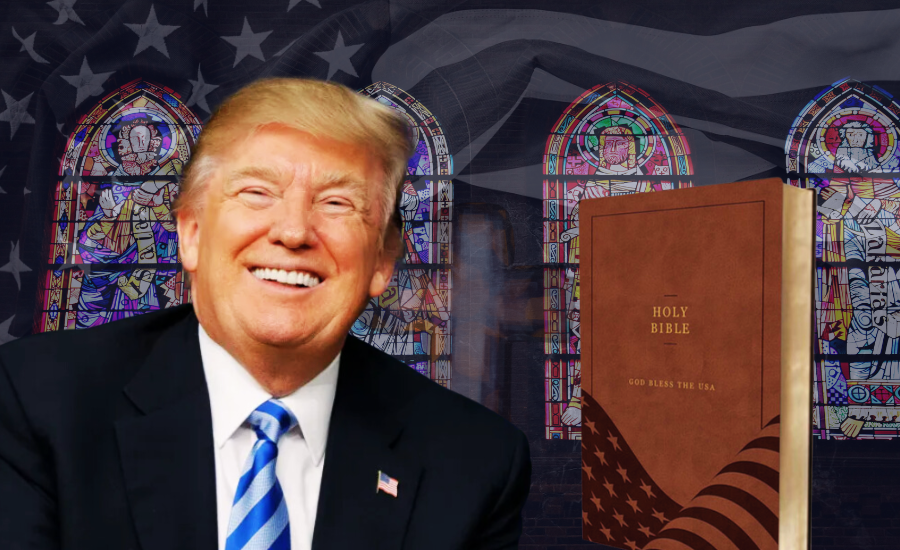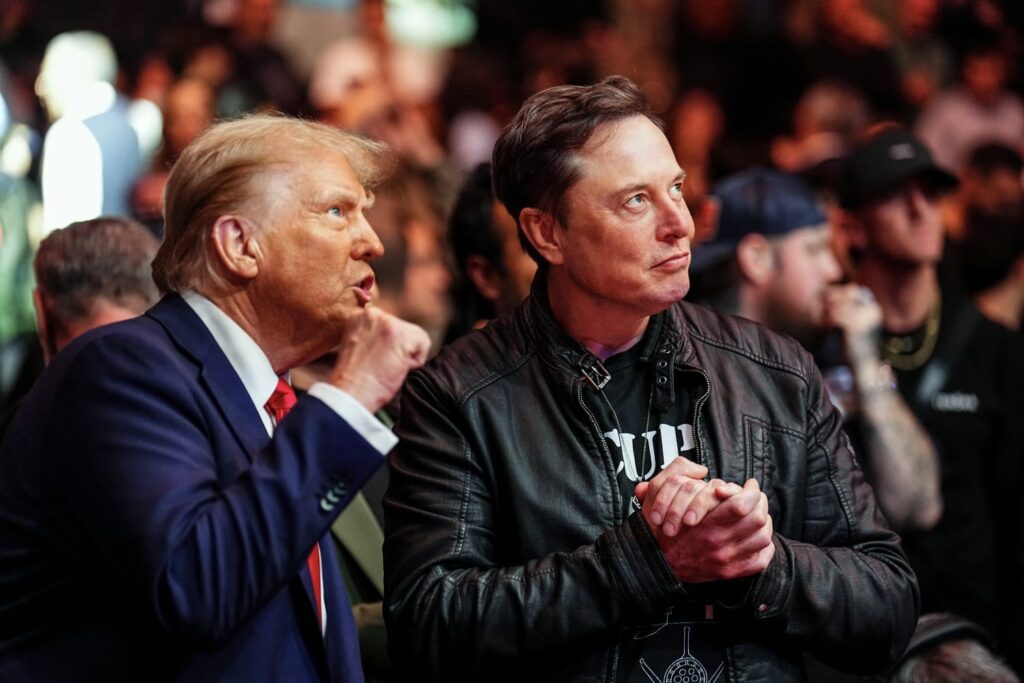Former President Donald Trump is preparing to issue more than 25 executive orders and directives within hours of taking office on Jan. 20, aiming to overhaul U.S. policy across key areas such as immigration, energy, and education.

Sources close to Trump’s team say the Republican leader is focused on making an immediate impact and intends to use executive power at a scale surpassing his first term. The extensive list of planned Day One actions highlights a stark contrast to his initial presidency, when only a handful of executive orders were issued on the first day.
“The American people can bank on President Trump using his executive power on day one to deliver on the promises he made to them on the campaign trail,” Trump spokesperson Karoline Leavitt said.
Focus on Immigration and Border Policy
Trump’s first wave of orders is expected to prioritize immigration, with directives aimed at reversing what he views as President Joe Biden’s lenient border policies. Plans include sending additional troops to the U.S.-Mexico border, resuming construction of the border wall, and granting immigration officers broader authority to detain individuals without criminal records, according to sources familiar with the drafts.
In an interview on NBC’s “Meet the Press,” Trump confirmed his intention to sign an executive order to end birthright citizenship, which currently grants U.S. citizenship to individuals born on American soil regardless of parental immigration status. Trump advisors acknowledge the likelihood of court challenges to this move.

Energy and Education Reforms
Trump’s orders will also target energy production, with actions designed to ramp up oil drilling and hydraulic fracturing, in line with his campaign slogans “drill, baby, drill” and “frack, frack, frack.”
On education, Trump is expected to sign orders restricting federal funding for schools teaching critical race theory, an academic framework that examines systemic racism in U.S. institutions. He also plans to roll back anti-discrimination protections for transgender students and prohibit federal contractors from implementing certain diversity training programs.
Coordination and Challenges
The executive orders are being coordinated by longtime Trump advisor Stephen Miller, alongside input from right-leaning organizations such as the America First Policy Institute and the Heritage Foundation. However, insiders say drafting and finalizing the orders has been a decentralized process, with work taking place in Florida and Washington.
While some actions will face significant legal hurdles or require lengthy regulatory processes, sources indicate there are dozens of measures Trump can implement immediately through executive authority.
Trump’s team has signaled readiness to defend the orders in court and emphasized his commitment to fulfilling campaign promises through swift, unilateral action.



